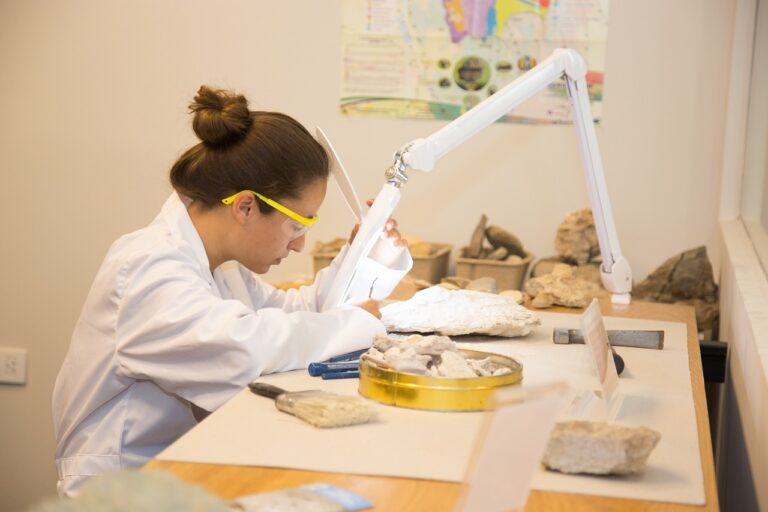Addressing Learning Loss Due to Disruptions in Education
The sudden shift to remote learning due to the COVID-19 pandemic has brought about significant challenges for the education sector. Students and teachers alike have had to adapt quickly to new modes of teaching and learning, navigating through technical difficulties and educational disparities. The disruptions caused by school closures have highlighted the importance of access to technology and digital literacy skills in ensuring continuous educational progress.
Moreover, the lack of in-person interactions has impacted the social and emotional aspects of education. Students have missed out on the supportive environment of the classroom, leading to feelings of isolation and disconnection. The absence of physical classrooms has also posed challenges in terms of maintaining student engagement and motivation, as the traditional structures of education have been upended.
Identifying Key Areas of Learning Loss
Educators have been closely examining the ramifications of learning disruptions caused by the ongoing pandemic. One key area of concern is the decline in student performance in foundational subjects such as mathematics and literacy. As schools shifted to remote learning, many students faced challenges in grasping complex mathematical concepts and developing their language skills effectively.
Additionally, the shift to online education has highlighted a significant learning loss in social and emotional development. With limited in-person interactions and reduced opportunities for collaborative learning, students are experiencing difficulties in building critical social skills and emotional resilience. This learning loss in social-emotional development could have long-term implications on students’ overall well-being and academic success.
How has the COVID-19 pandemic impacted education?
The COVID-19 pandemic has led to widespread disruptions in the education system, resulting in learning loss for many students.
What are some key areas where students may have experienced learning loss?
Some key areas where students may have experienced learning loss include math, reading comprehension, science, and social-emotional skills.
How can educators identify areas of learning loss in students?
Educators can identify areas of learning loss in students through assessments, observations, and conversations with students and parents.
What can be done to address learning loss in students?
To address learning loss in students, educators can provide targeted interventions, personalized learning opportunities, and additional support services.
How can parents support their children in overcoming learning loss?
Parents can support their children in overcoming learning loss by creating a conducive learning environment at home, communicating regularly with teachers, and providing emotional support and encouragement.





